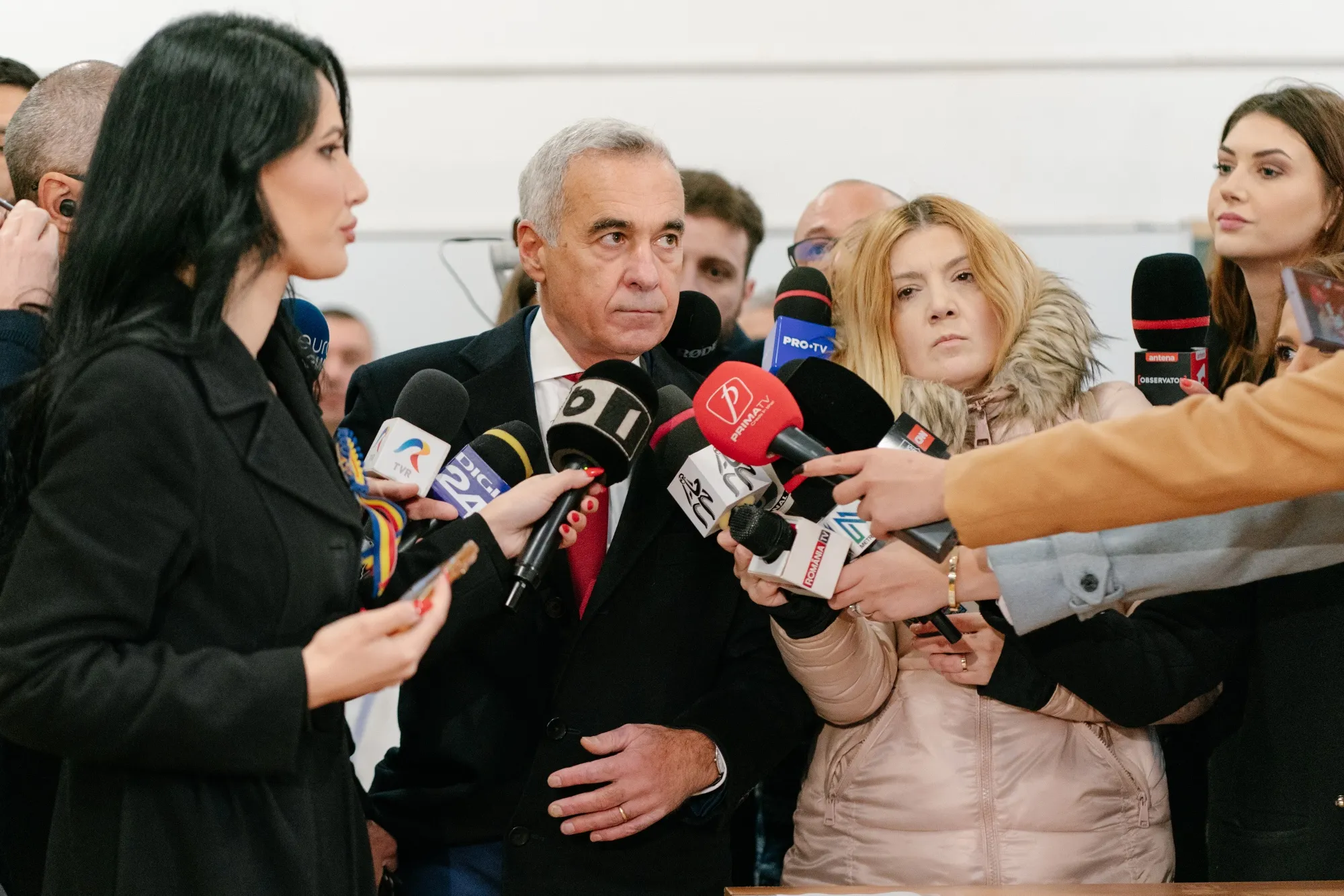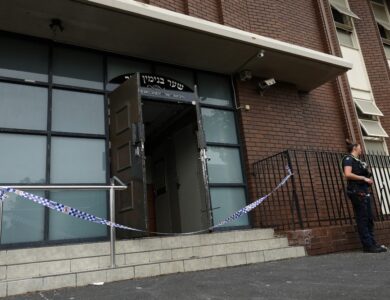Romanian Court Nullifies First Round of Presidential Election Over Alleged Russian Interference

Romania’s constitutional court has nullified the results of the first round of the 2024 presidential election, citing allegations of foreign meddling. The initial vote had been narrowly won by far-right nationalist candidate Calin Georgescu, but concerns over Russian interference led to the historic ruling.
The court’s decision, announced on Friday, immediately halts the second-round runoff scheduled for Sunday, which would have pitted Georgescu against centrist rival Elena Lasconi. Officials stated the annulment was based on Article 146(f) of the Romanian Constitution, emphasizing the need for fairness and legality in the electoral process. The verdict is final and mandates a restart of the electoral process, requiring the government to reset the electoral calendar.
Russian Interference and TikTok Campaigns
The election has been clouded by allegations of foreign interference, with declassified reports from Romania’s security council detailing evidence of Russian involvement. The documents revealed coordinated cyber-attacks targeting election infrastructure, with over 85,000 attempted breaches traced back to well-resourced entities, likely a state actor.
The reports also highlighted TikTok’s role in boosting Georgescu’s campaign through algorithm manipulation, coordinated account activities, and paid promotions. These revelations prompted the U.S. State Department to express concerns about Romania’s democratic stability, warning that any pivot away from Western alliances could jeopardize bilateral security cooperation.
State Department spokesperson Matthew Miller later reaffirmed confidence in Romania’s institutions, supporting the ongoing investigation into external interference.
Election and Public Reactions
Georgescu, 62, had gained unexpected popularity, securing 22.9% of the vote compared to Lasconi’s 19.2%. While not explicitly pro-Russian, Georgescu’s controversial remarks about Ukraine and his promises to end Romania’s support for its war-stricken neighbor raised eyebrows. He also centered his campaign on addressing Romania’s cost-of-living crisis.
In contrast, Lasconi of the Save Romania Union (USR) party focused on maintaining Romania’s pro-Western trajectory. Her campaign highlighted commitments to European Union and NATO alliances, reinforcing the country’s role as a steadfast regional player.
Protests erupted in Bucharest following the court’s ruling, with hundreds gathering to oppose the far-right and express support for Lasconi. Demonstrators carried signs declaring, “Romania, a landmark in the EU and NATO” and “No fascism.” Small groups of Georgescu supporters also held counter-protests.
One protester, Mihai, criticized Georgescu’s rise as a threat to Romania’s democratic progress, linking his campaign to Russian influence. Another demonstrator, Daniel, raised concerns over potential voting irregularities during the first round.
Implications for Romania
The court’s ruling underscores the growing impact of foreign interference in global elections, with Romania becoming the latest focal point. The decision also highlights the vulnerability of democratic institutions to hybrid warfare strategies, such as cyber-attacks and social media manipulation.








